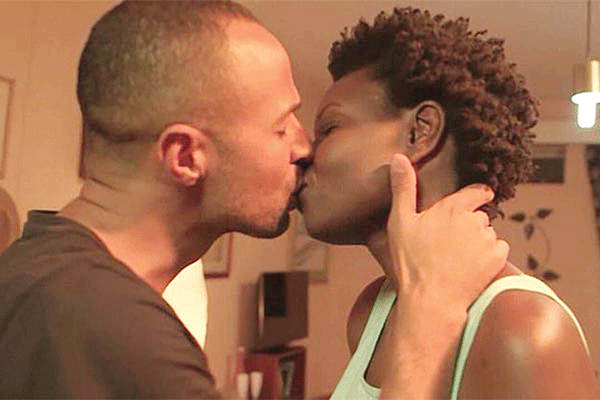
PRODUCERS of the new local movie Escape — accused by the Women Filmmakers of Zimbabwe (WFOZ) of entrenching stereotypes of black women as sex objects — have won the support of viewers who argued that the movie was simply a reflection of life’s realities.
BY WINSTONE ANTONIO
In responses on the NewsDay Weekender online platforms following the publication of the statement by WFOZ, some readers refused to crucify the producers, Joe Njagu and Agnieszka Piotrowska.

Commenting on Facebook, Cde Setfree Mafukidze said: “I just wonder why women filmmakers want films made according to their line and way of thinking. That film should portray what we see in everyday life and believe me, it portrays exactly that. Any attempt to try and create a film that shows what people want rather than what is happening would be a total lie.”
United Kingdom-based filmmaker Rufaro Kaseke said different people were always going to come up with different conclusions.
“A good film is an exciting elaboration of the audience’s own feelings and thoughts. Naturally, they will give themselves to it and it gives itself to them. Whether or not this film sits well with critics has very little to do with how the audience sits in with the film which, by the way, to them is just pure entertainment,” she said.
“I am pretty sure after watching this film, the cinephiles watched many other films of a similar nature. Let us leave it at that for now and make another film perhaps that will be better than this one and do our job.”
Another reader, Gigi Wing-Davies, saluted the producers, crediting the film as a reflection of reality.
- Chamisa under fire over US$120K donation
- Mavhunga puts DeMbare into Chibuku quarterfinals
- Pension funds bet on Cabora Bassa oilfields
- Councils defy govt fire tender directive
Keep Reading
“I do not agree with the criticism, it is not justified. Selmor’s character seemed to me a modern, independent, real woman. And the guest lodge owner’s wife was very ‘proactive’ — if anything, she turned Charles into a sex object! This is not stereotypical.”
Another reader, Nkululeko Sibanda, however, had a different take, saying he was particularly concerned that the “movie is too pornographic” and one would not watch it with their family in a conservative set-up.
“It does not run for more than five mins before a sex scene comes. It is quite disturbing watching with family and even friends. I am not sure if that is what going international means. I have watched many good African movies, albeit in the absence of the sex perversion,” he said.
Njagu told NewsDay Weekender yesterday that the female characters in the film were not passive pawns, but active agents in charge of their destiny.
“By announcing in the subtitle that Escape is a film noir fairytale, we wanted the potential challenges inherent in the genre (in which the femme fatale is an indispensably problematic figure) to clash with fairytale elements (representing more benign but still ambiguous modes of female empowerment),” he said.
“At least two generations of feminists have been arguing over the femme fatale as either demeaning to women, or as a perversely effective figure of female self-empowerment in male-dominated societies. Which is why we insisted on using the conventions of film noir to highlight this important genre-plus-gender intertext.”
He said Anna (played by Afro-jazz musician Selmor Mtukudzi) was the most independent and strongest character in the film.
“By having at least seven different women characters — five of whom are black African — Escape features quite a spectrum of portrayals of women in relation to power and masculinity,” Njagu said.
He said while WFOZ was a non-entity in the film industry, he was particularly disturbed that veteran filmmaker Tsitsi Dangarembga would have issues with the film.
“I find it funny as she is notorious for making these films that portray Africans in a negative way and sells them off to European markets. Nyaminyami, her film, portrays Africans as cannibals that eat each other and the women are witches who go out at night to eat babies,” Njagu said.











